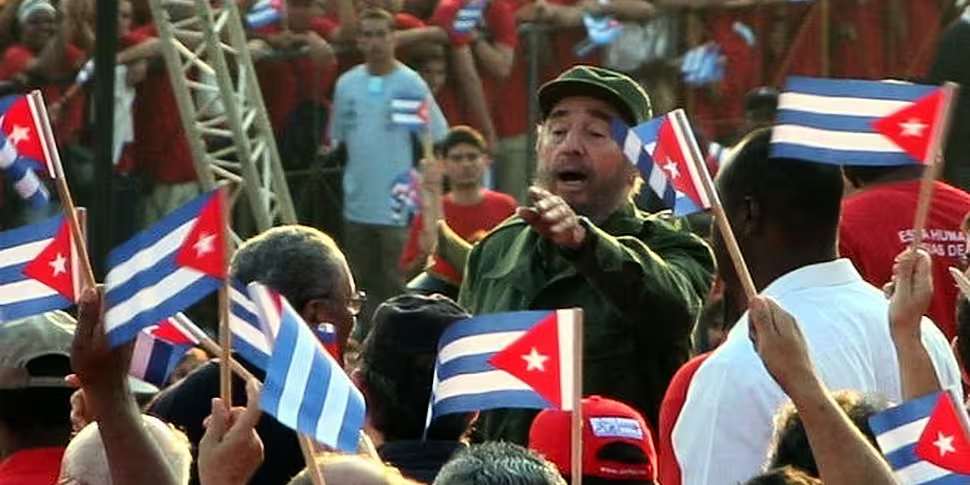The slackening of the US embargo and the death of Fidel Castro have left Cuba on a precipice. One of the last planned economies in the world, the future for this island's unique character and culture is uncertain as its borders begin to open. The past that it is leaving behind is no less interesting though.
In 1959 the Cuban Revolution ended in victory for Fidel Castro's 26th of July Movement. This was one of many communist insurrections that redrew the map of the world in the wake of the Second World War.
Unlike the new revolutionary governments in Asia, Africa, and Europe, Castro's ascension in Cuba brought communism to the doorstep of America. The strategic importance of this was not lost on the United States or the Soviet Union and Cuba, lying just 180 km to the south of Florida, became a key ideological battleground for the remainder of the Cold War.
So often remembered as the spark that almost ended the world, what was life like for the average person on the streets of Havana? Was there more to this island nation than geopolitical games? Or was Castro's Cuba a unique anomaly forged from a global war of ideology?
Join Patrick Geoghegan as he talks with a panel of experts about the amazing history of Fidel Castro's Cuba.









